How China bolted from zero Covid towards herd immunity
China has announced the long-awaited transition from zero Covid to opening up, as inbound travel measures ease and mandatory quarantines are removed. However, the process will not be easy as medical resources are short and vaccination rates among the elderly are still low. Will China be able to handle the internal and external pressures of what is to follow after opening up? Zaobao correspondent Yang Danxu tells us more.
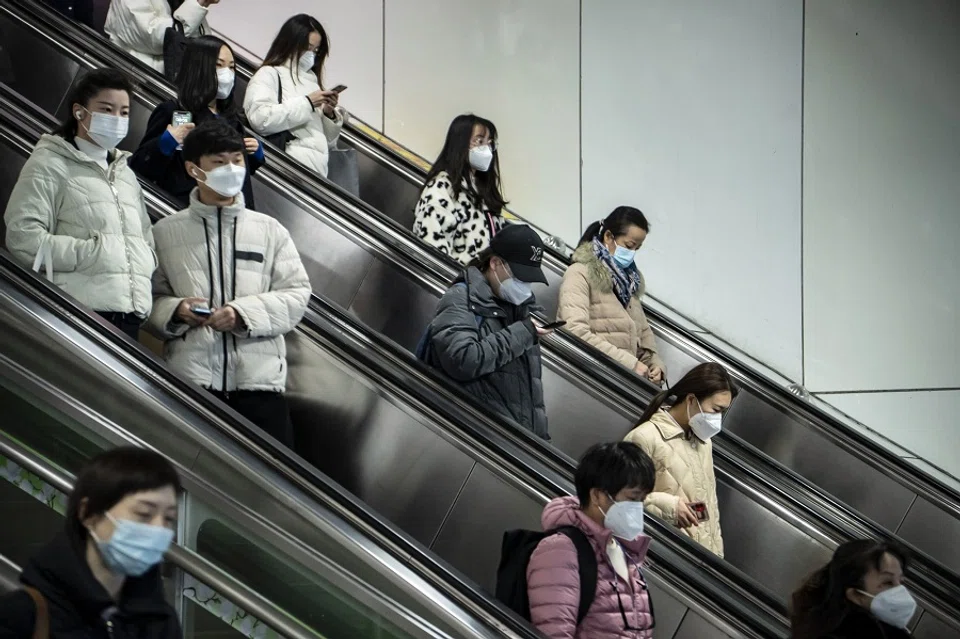
On the night of 26 December, just as I was packing for the "5+3" quarantine period for my return to China after completing a pre-departure nucleic acid test at a hospital in Singapore, I received a message stating that China will scrap quarantine measures for overseas arrivals from 8 January 2023 onwards.
While China's reopening and the removal of quarantine measures for inbound travellers were expected, it still felt surreal to read the announcement. Just three hours ago, I was lamenting to my Chinese friends on WeChat about whether quarantine measures were still necessary for overseas arrivals given China's current pandemic situation.
From zero Covid to reopening
Chinese officials announced late on 26 December that the country will downgrade Covid-19 from Class A to Class B disease management, marking the most significant turnaround in China's three-year Covid-19 battle. Evidently, the official attitude towards the coronavirus has shifted from strict control to treatment and prevention.
Notably, inbound travellers will be able to enter China with a negative nucleic acid test result taken within 48 hours, with no need for another test and mandatory quarantine upon arrival. Outbound travel for the Chinese people will also resume accordingly.
... it took China less than two months to go from zero Covid to reopening. Such a "China speed" is both astonishing and bewildering.
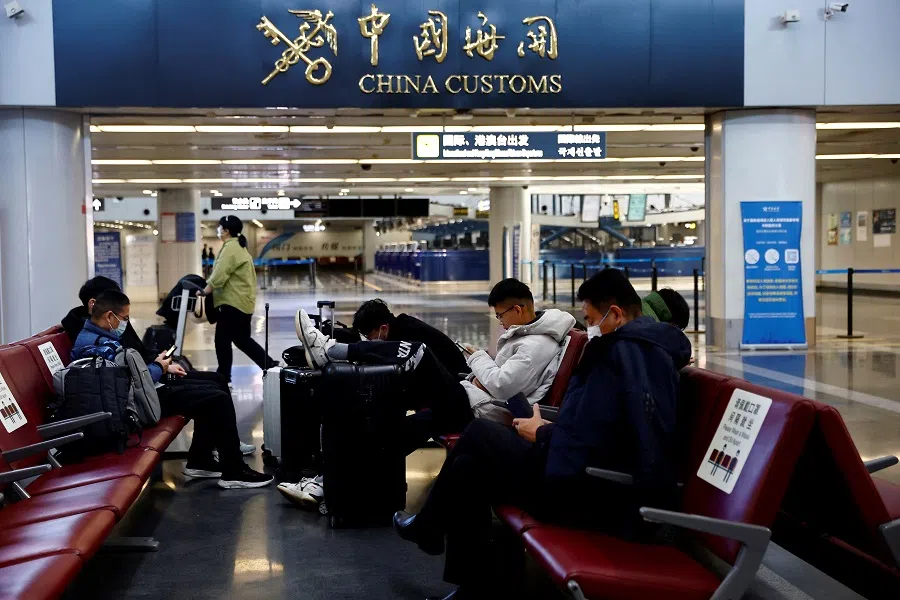
This marks the most critical step towards opening up China's borders, which was until recently an "island" that was largely closed to the outside world due to Covid-19 restrictions. Many business people who used to travel frequently to China are excited about this long-awaited adjustment.
China took about three years to build itself a zero-Covid barrier. But it went from announcing 20 optimised measures on 11 November to ten new measures on 7 December, and will downgrade Covid-19 to Class B infectious disease management from 8 January 2023 onwards. Simply put, it took China less than two months to go from zero Covid to reopening. Such a "China speed" is both astonishing and bewildering.
Managing public expectations
Chinese officials and the state media had only recently proclaimed that the country's zero-Covid policy must be resolutely maintained. However, in the blink of an eye, 1.4 billion people are now rushing towards herd immunity. What prompted this change?
Some Chinese observers analysed that the zero-Covid policy has crippled the Chinese economy and that it is paramount for restrictions to be eased and for the country to rebuild the economy as soon as possible. Others also believe that the widespread "white paper revolution" that broke out in multiple cities late last month was the direct trigger for this change.
Some even speculated that it was personal experiences with the virus that had changed the decision makers' assessment of the disease.
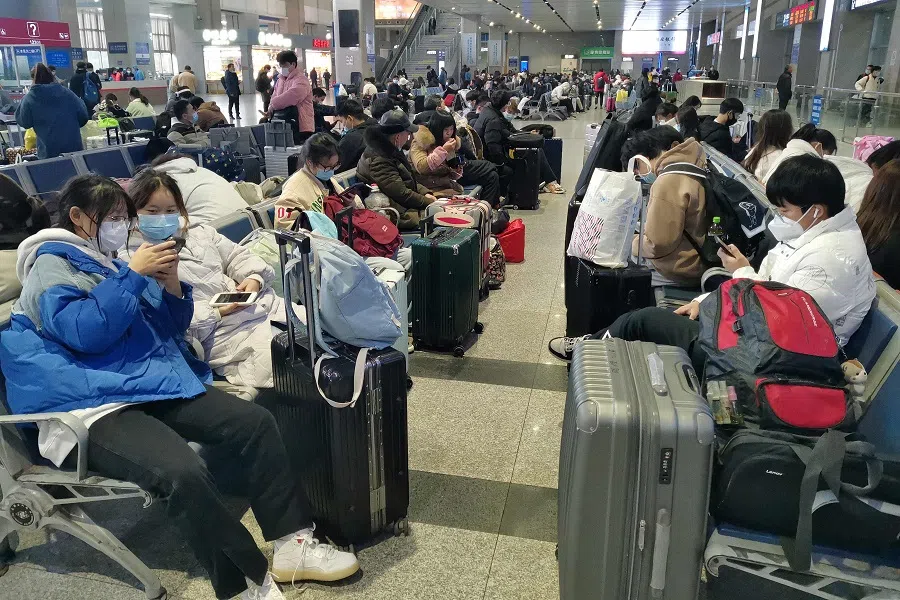
The World Health Organization experts pointed out this month that the coronavirus was already spreading intensively long before China lifted the control measures as these measures were ineffective. Some even speculated that it was personal experiences with the virus that had changed the decision makers' assessment of the disease.
On 27 December, an official from the National Health Commission stressed that severe cases and deaths have been greatly reduced after nearly three years of strict controls and implementing Class A disease management on Covid-19 and weathering five global waves of the virus.
The process provided valuable time for research into the development and use of vaccines, as well as improving healthcare and other resources. Hence, the current adjustment of Covid-19 to Class B infectious disease management is "a battle that China is prepared for and not a passive opening up."
Going from zero Covid to opening up would indeed cause anxiety and chaos. But looking at the overwhelming wave - with the shortages of fever medicine, rapid antigen tests and N95 masks, the squeeze on medical resources, and even the overloaded crematoriums - it is clear that China is ill-prepared for this battle.
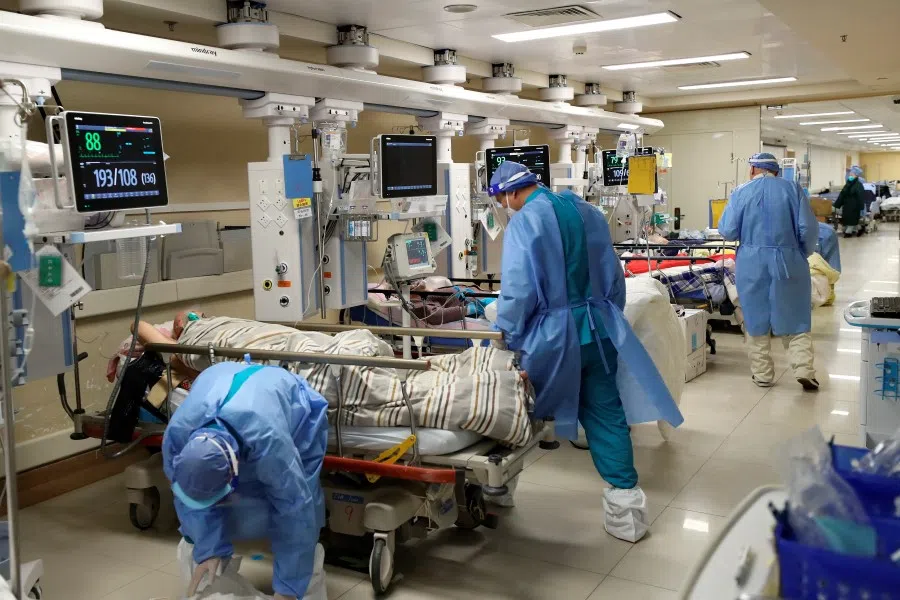
Indeed, China's strong control capabilities allowed it to do what other countries could not - achieve zero Covid. Now comes the real test of its governance capabilities. With low vaccination rates among the elderly, insufficient medical resources for severe cases, and a shortage of basic medicine, China faces a tough battle.
Will the authorities be able to manage the people's expectations, clearly articulate its plans and aims, be more transparent through active communication of information, or even promptly acknowledge any gaps and adjust its policies accordingly?
Will medical resources and supplies keep pace with the spread of the virus in the short term? Indeed, the people's trust and confidence in the government would be based on the effectiveness of these control measures.
Science over politics
External pressure on China also has a part to play in the handling of the wide, rapid spread of infection after easing controls. With the rapid rise in infections in China over the past couple of weeks, there has been a resurgence of diplomatic tussling over Covid-19.
India, South Korea and Japan have taken special measures to prevent large-scale imports of the virus from China.
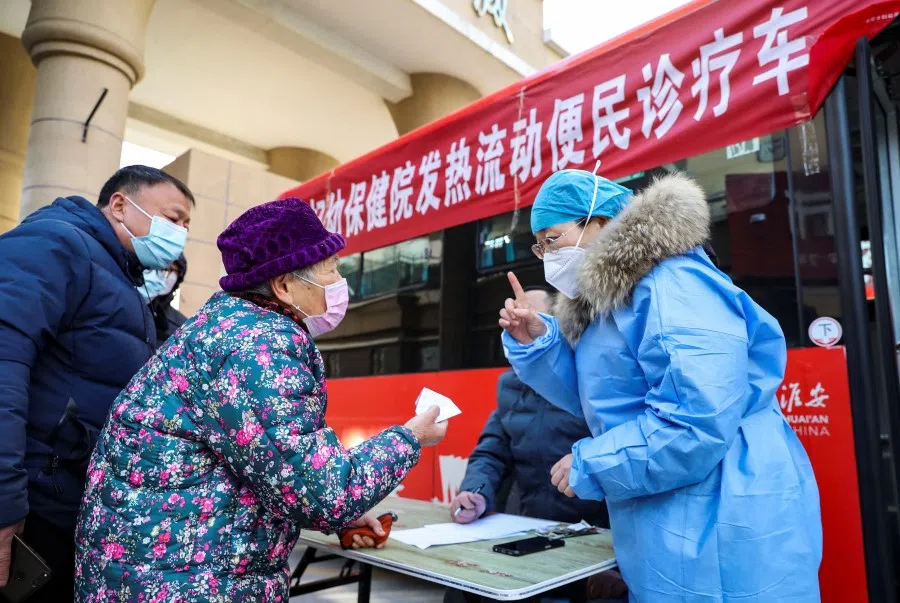
US officials continually warn that an explosion of infections in China might lead to new variants, while others in the West worry that if the virus spreads unchecked in China, the global economy and supply chain would be affected. India, South Korea and Japan have taken special measures to prevent large-scale imports of the virus from China.
With the rapid spread of Covid-19 in China, the country will very likely face growing diplomatic pressure. The key to defusing this pressure is easing the domestic outbreak through scientific means and steadily transitioning from zero Covid to opening up. China should also stay calm and work with the international community and organisations to flatten the curve and reduce the loss of lives during the transition and minimise the impact of the outbreak.
One of the biggest doubts about three years of zero Covid - especially the additional layers of measures - is whether politics is taking priority over science. It no longer matters whether this is a scientific or political decision now that China is determined to open up. However, amid the Covid-19 storm, the world is observing with bated breath whether China can avoid being accused of putting politics first and fight this tough battle with science.
This article was first published in Lianhe Zaobao as "以中国速度松绑防疫".


![[Big read] When the Arctic opens, what happens to Singapore?](https://cassette.sphdigital.com.sg/image/thinkchina/da65edebca34645c711c55e83e9877109b3c53847ebb1305573974651df1d13a)


![[Video] George Yeo: America’s deep pain — and why China won’t colonise](https://cassette.sphdigital.com.sg/image/thinkchina/15083e45d96c12390bdea6af2daf19fd9fcd875aa44a0f92796f34e3dad561cc)